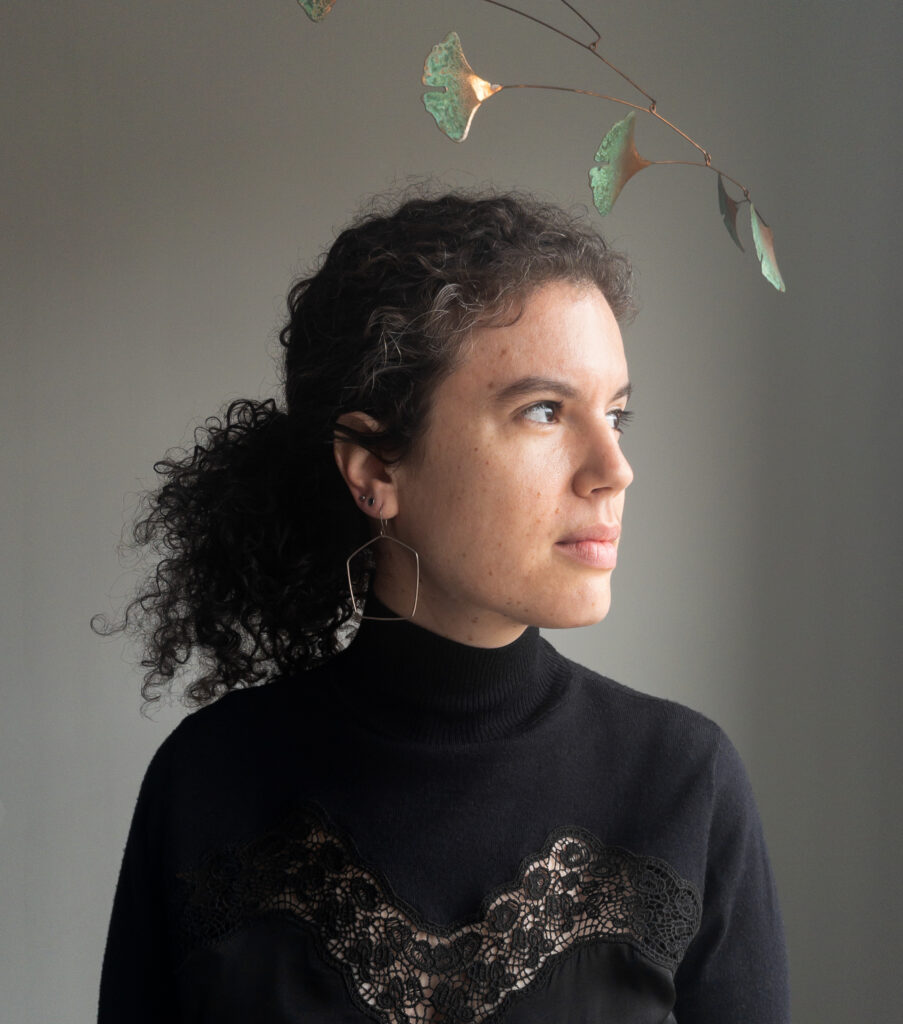Claire Schwartz is the author of the poetry collection Civil Service, forthcoming from Graywolf, and the culture editor of Jewish Currents. Claire’s writing has appeared in The Believer, Los Angeles Review of Books, The Nation, The New Yorker, Poetry Magazine, Virginia Quarterly Review, and elsewhere. From 2018 to 2020, she wrote a column for The Paris Review called Poetry RX, with Kaveh Akbar and Sarah Kay. She is the recipient of a Pushcart Prize and Yale’s Sylvia Ardyn Boone Prize, and received her PhD from Yale University.
***
From Civil Service:
Apples
The townspeople paste wax apples on the trees,
glow shyly out their windows as the Dictator
struts past the monument of his father strutting
past nothing at all. Yesterday, the Dictator dressed
the Butcher’s boy in the uniform of his own son.
Today, at the orders of the Dictator, guards shot the boy.
In the town of his childhood, the Curator is a tourist.
He touches his mother with the language
with which he does not touch his work.
In the painting, bored bored Eve chomps on an apple.
In the tongue of his work, he acquires her.
At the banquet: music wrung from the townspeople’s anguish,
pigs choked with apples.
The meat in the soup is human meat.
The Dictator’s rings are made of gold
yanked from the teeth of corpses.
The Censor bloats with what he knows.
His sons bloom in neat rows.
An orchard grows inside his wife.
He prunes her on Sundays.
Under the earth, the Butcher’s boy, laughing,
eats an apple. The core rises, light with rot.
The Dictator admires the fruit of his land.
Letter by Letter
In his office in the attic, in his favorite khaki pants,
the Archivist carefully sets down the glass case
of his body so as not to rattle the exhibit of his mind.
He wears gloves to stroke the name on the envelope,
the name written in a florid hand trained by long-ago
love. To live among the dead, the Archivist thinks.
His eyebrows do a little jig. With fingers strange
to his wife, the Archivist traces the name of the street
in the village that burned. The street wears the name of the flower
the Archivist’s mother tucked behind her ear in a photograph
languishing in a desk drawer. The Archivist carries his mind
into each house. Here, the Cook makes love, his hand
brushing flour against his boyfriend’s nipple. There,
the Tailor’s satisfied song of scissors bisecting
a ream of red. A girl whose mouth makes an O,
around which chocolate makes another mouth, runs
through the road. The road which runs through
the Archivist’s blood. The girl is the Archivist’s grandmother
only in that she is a story the Archivist tells
himself about how he got here. Under an oak tree,
two dogs fucking. The girl’s ice cream is melting.
The Archivist’s mind is sticky with history.
Of course, the village burns again. History is
the only road that survives. Downstairs, the Archivist’s daughter
is hungry. He restores the dead to their folders. To live!
The girls’ wails rise through the house like smoke.
Preferential Treatment
The Censor uses the black crayon
to eradicate sex. On payday, he takes
his wife and son to Shake Shack. Whatever
you want, the Censor says to his wife
when she asks what she should have.
The Censor crosses provide for your family
off the list he keeps tucked in his billfold. To track
the time, the Censor sings ”You Are My Sunshine” twice
while his son brushes his teeth. The boy shows the glass
his shining mouthstones and growls. He is a bear. No,
he is a boy. In the boy’s drawings, the zebras
are purple and white. His mother hangs
them on the fridge. What beautiful horses,
the Censor says. His wife’s wit trembles, then ebbs.
The children’s nails are clogged with black wax.
from The Paris Review https://ift.tt/Eutqide

Comments
Post a Comment